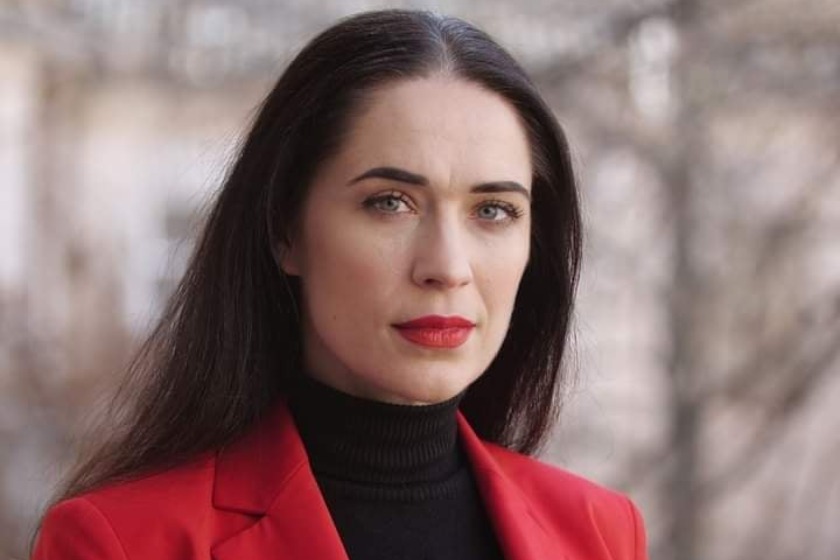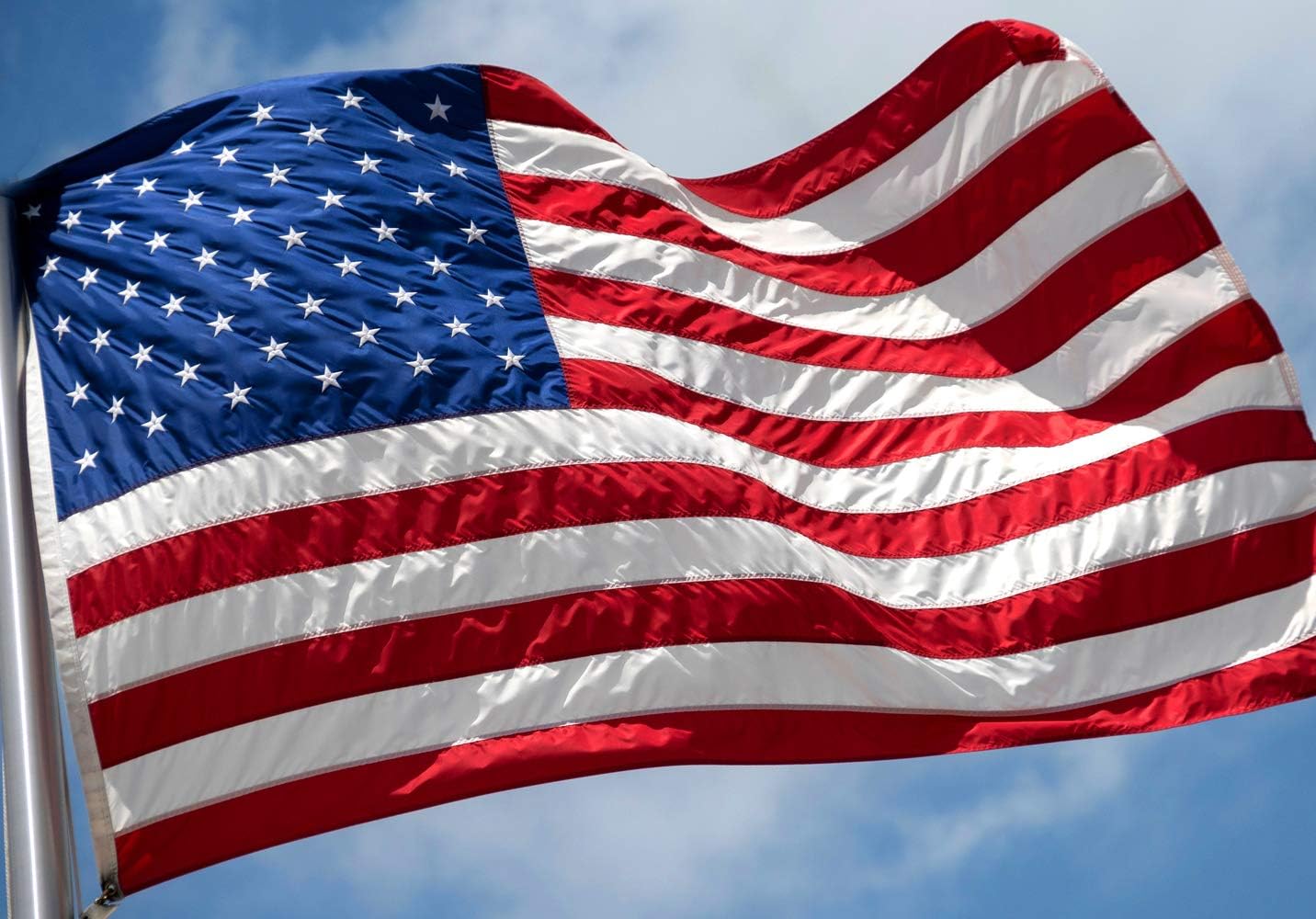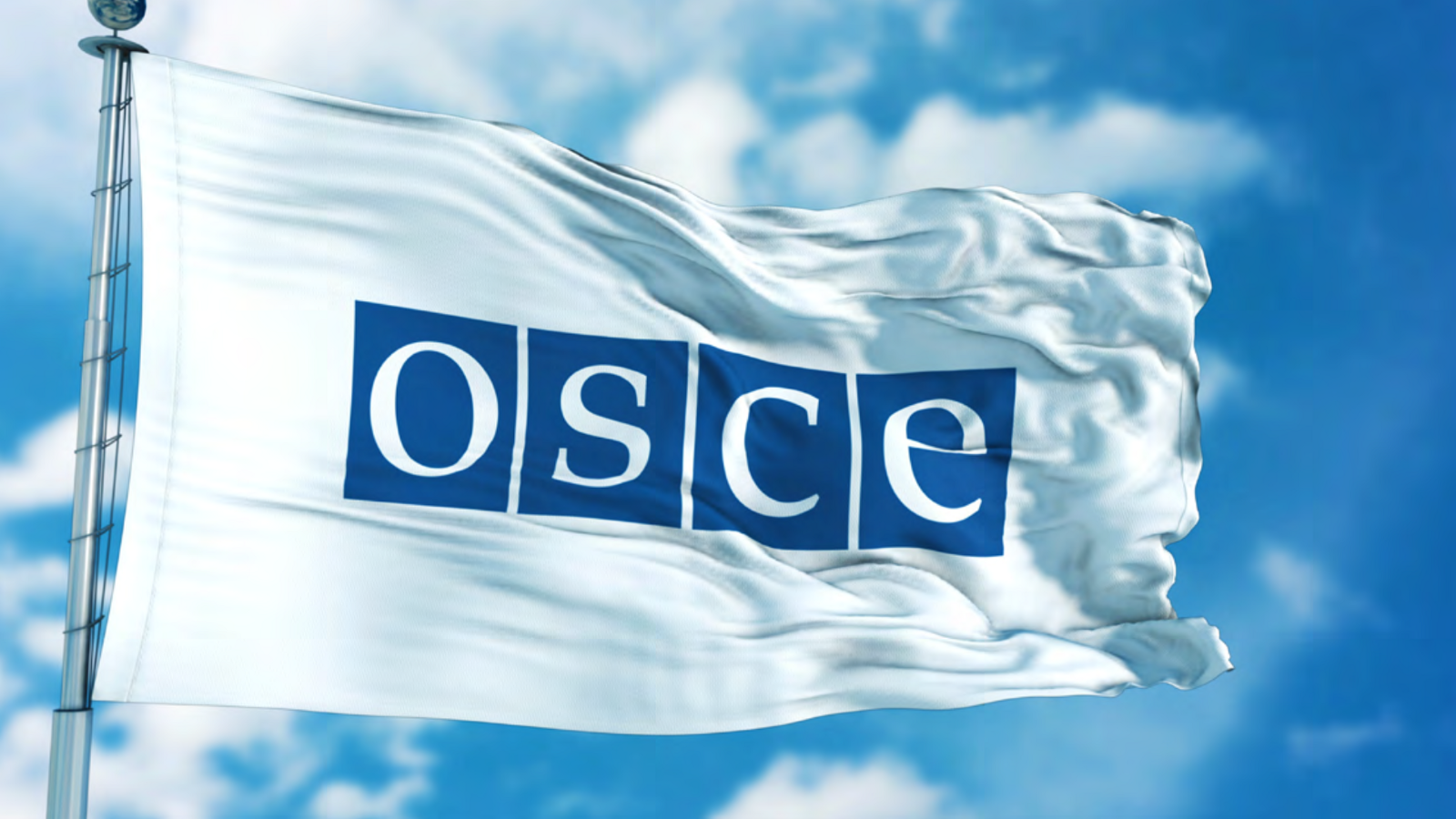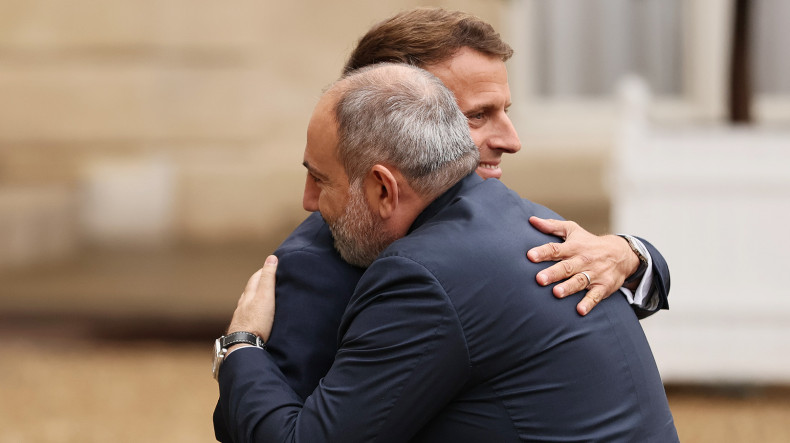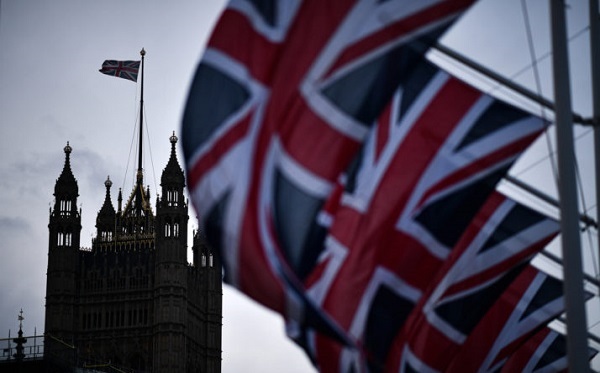Tensions over Ukraine are getting worse. Experts discuss the real danger of conflict. The world awaits written responses from the US and Russia to their suggestions, while intelligence services from several countries point to the Kremlin's clear plan to destabilize Ukraine. According to reports, the British government received information on the Russian government's plans to establish a pro-Russian leader in Kyiv. In an interview with Europe Time Hanna Shelest, Director of Security Programmes at Foreign Policy Council “Ukrainian Prism” discussed Ukraine's expectations and topics on how they analyze threats.
ET: Let me start with the Associated Trio, as this was a topic you and your coworkers were discussing. Why is this format so crucial right now?
It is an important issue from a political point of view because it is always easier to advocate for some changes or positions when it is not just one country. A louder voice and a strong position are important and need coordination. All three countries have association agreements. We have ambitions for EU integration, but at the same time, we have very practical issues to move forward in relations with the EU, such as roaming-free agreements, open sky, etc., that can be promoted. And also, we have our individual tracks.
In addition, these states are sharing threats and risks inside the country as well as external threats. When we have three presidents coming and talking, it definitely has more value and more power in Brussels than single approaches.
In some ways, it also reminds many European countries of the Visegrad countries' path, with similar goals and decisions. So, for some Western European countries, it is certainly a positive reminder of that path of European integration, and it can help in promoting A3 integration.
ET: The context is critical right now, especially in light of the ongoing processes in Ukraine. The countries are continually threatened by Russia.
The question is how the countries share the perceptions of threats. And how they see their future. Moldova is a neutral country. Ukraine and Georgia would like to become NATO members and are searching for a NATO mechanism for protection and cooperation, while Moldova has its cooperation with NATO at a certain level. As a result, three countries see this format of the Association Trio as promoting political and economic stability rather than security issues. Perhaps when we discuss security concerns such as resilience, cyber issues, or critical infrastructures, those issues can be considered in relations with the EU? Hard security and conflict are not topics for which the European Union is ready to work at the same level as these countries would like to.
ET: Special attention is being paid to Ukraine right now, where there is an unprecedented concentration of Russian forces along its borders; your colleagues also mentioned the danger of conflict; you represent this country (Ukraine), and I'm concerned about your view.
The risk of war has been high for eight years. The question is that now the scale of the Russian build-up is much greater than before. At the same time, they may use these forces to play muscles - to raise the political stakes in negotiations. So they bring in more forces and more strategic weapons just to demonstrate that they are serious about their request. So, in this way, we should not be panicking. We must be determined to protect ourselves and maintain contact with our allies in order to send a signal to Russia that we are not alone.
ET: What's your opinion about the accelerating membership process of NATO in the face of Russian aggression?
The problem is that we still have the biggest fear of many European countries that do not support the immediate membership of Ukraine and Georgia that, by this act, they would provoke Russia. They are afraid to give us MAP for fear of being attacked. But Russia is already considering NATO as a threat, and it has already provoked the conflict in Europe, and many raise a question, will it act like this if Ukraine and Georgia have had the membership action plans.
Ukraine and Georgia should use each of their opportunities to increase practical cooperation. It does not matter how we name them, MAP, or annual national plan. What is important is the substance, to speak about the real plan of cooperation that will be on a level that we have never had before. I mean, to be almost members in terms of cooperation without formal membership. But at the same time, we are consistent in our statements about why we would like to have a membership, and it is not just protection from Russian aggression, as we are ready to contribute to Euro-Atlantic and European security. That is why many countries are waiting for us to be more than just security consumers; we need Article 5, but we also want to be security providers for other European countries.
ET: What are your expectations from the talks between the US and its allies and Russia?
We definitely expect at least a decrease in escalation and build-up at the Ukrainian border. We don’t believe that Russia will give up or that NATO will accept the Russian ultimatum. But if the level of tensions decreases and the conflict moves to the negotiation table, that will already be a good result. However, we do not have high expectations. Russia needs these talks both for domestic propaganda to show that they decide the future of Europe just between Moscow and Washington, as it used to be in Soviet times. And also, for international narratives promotion, making partners choose the side and some European states doubting whether Russia has reasons to behave like this.


